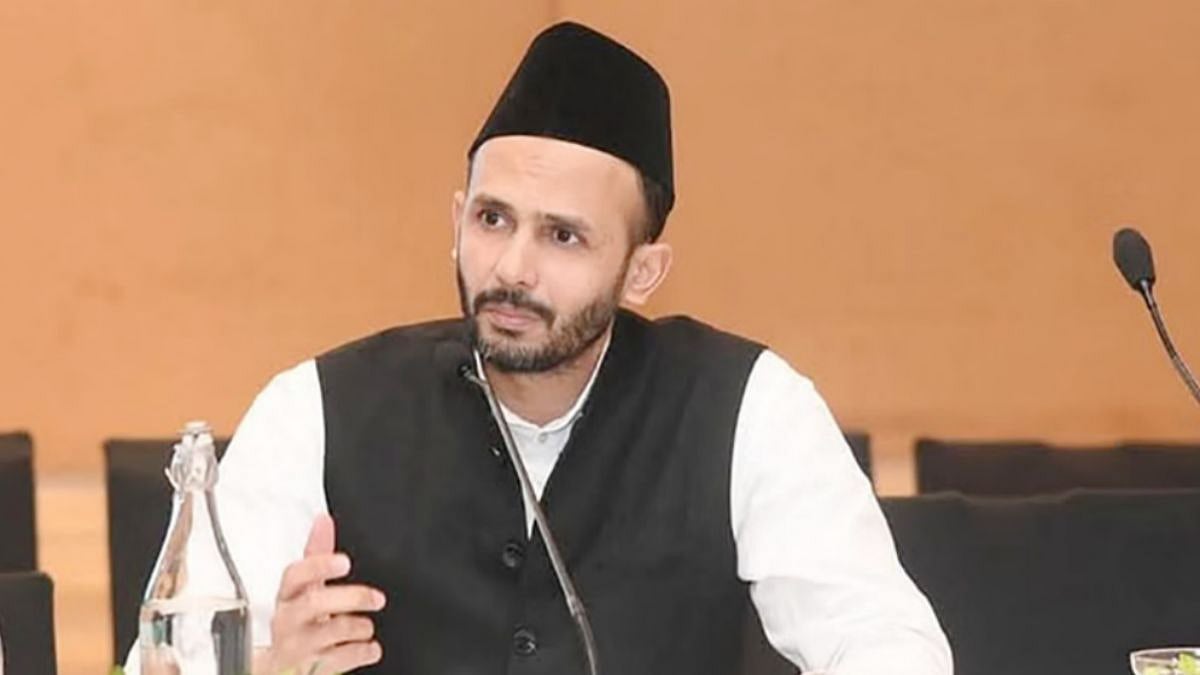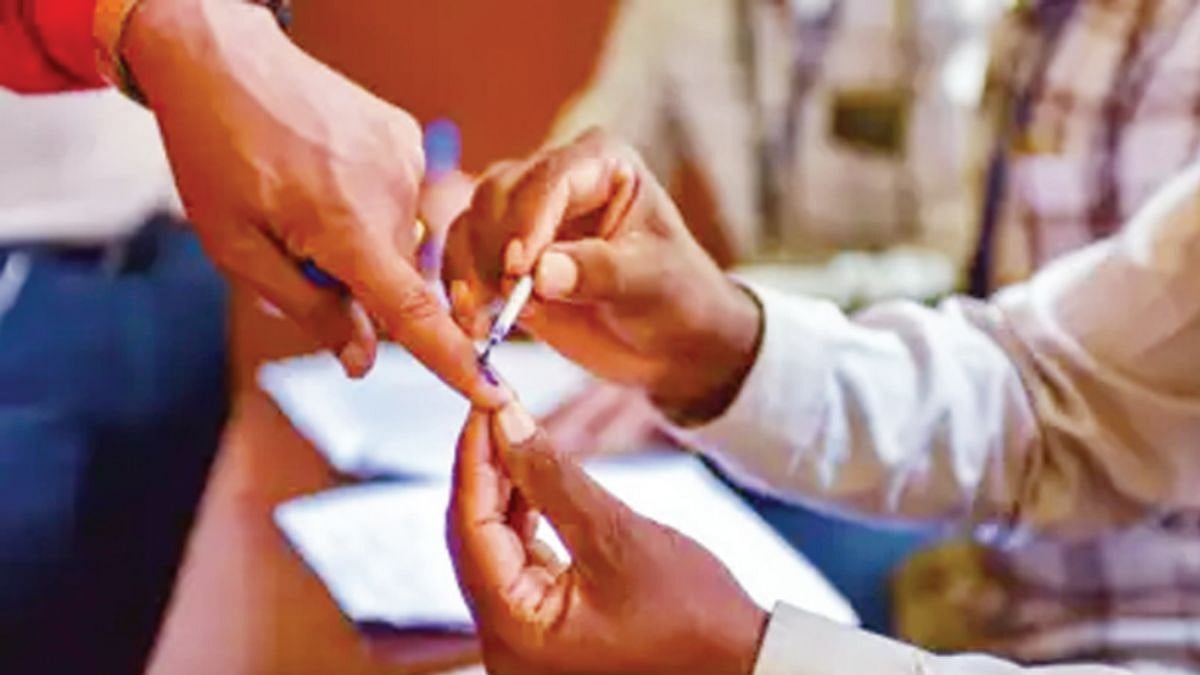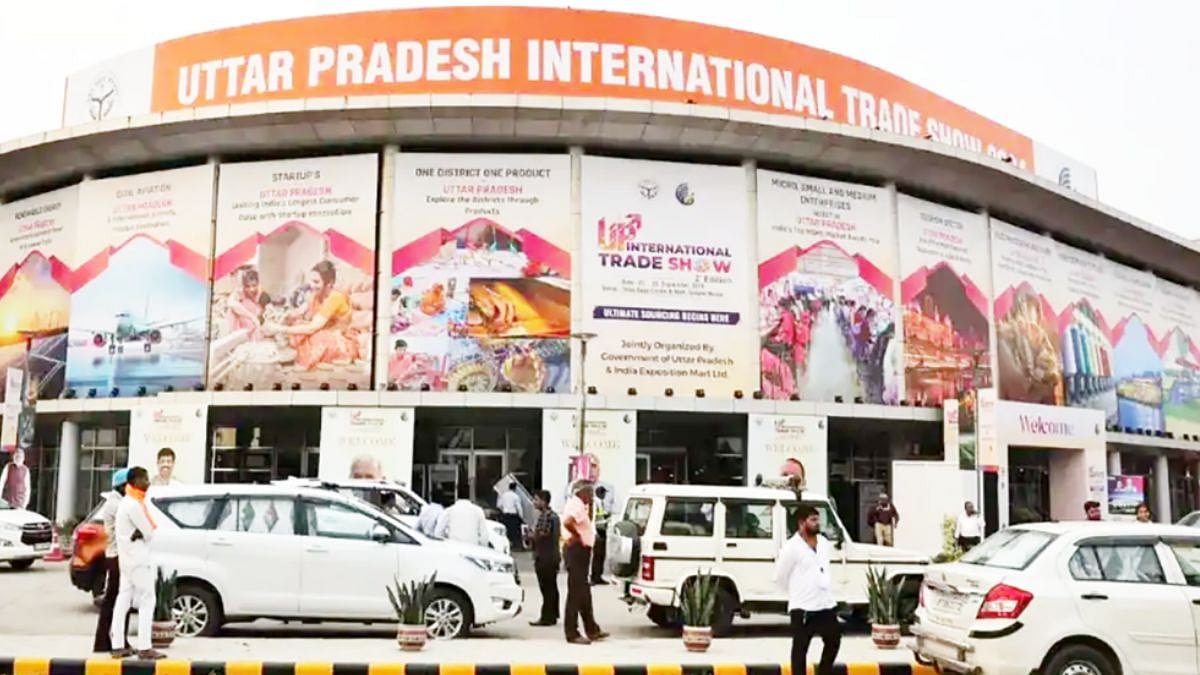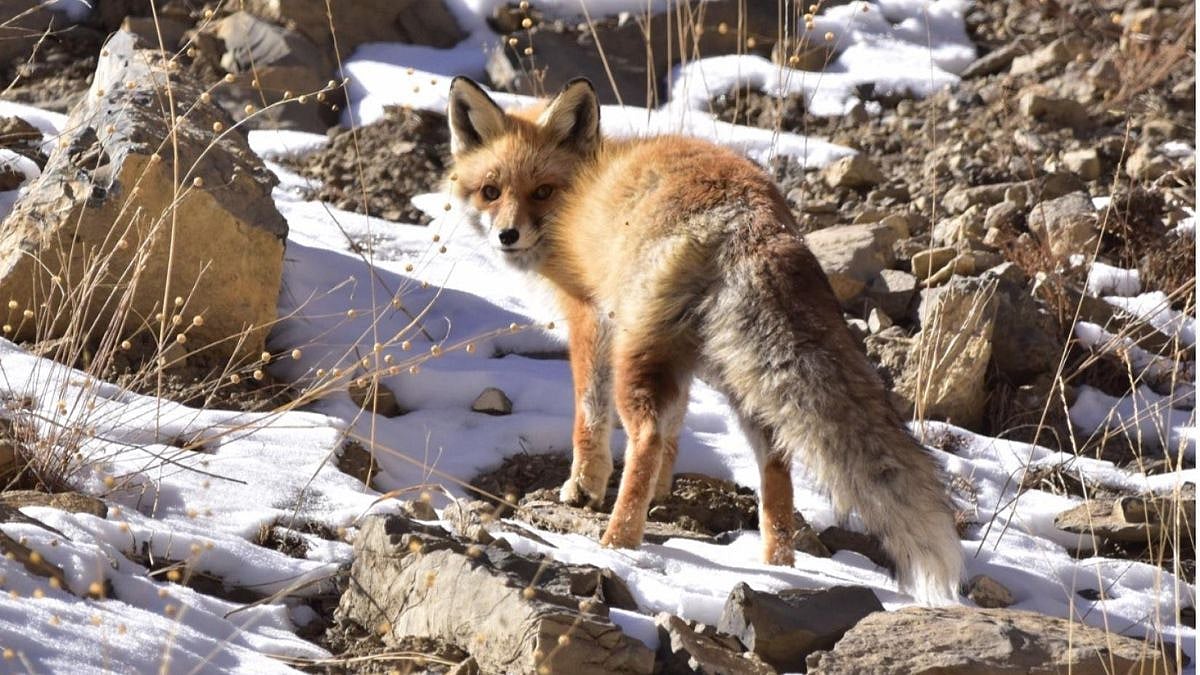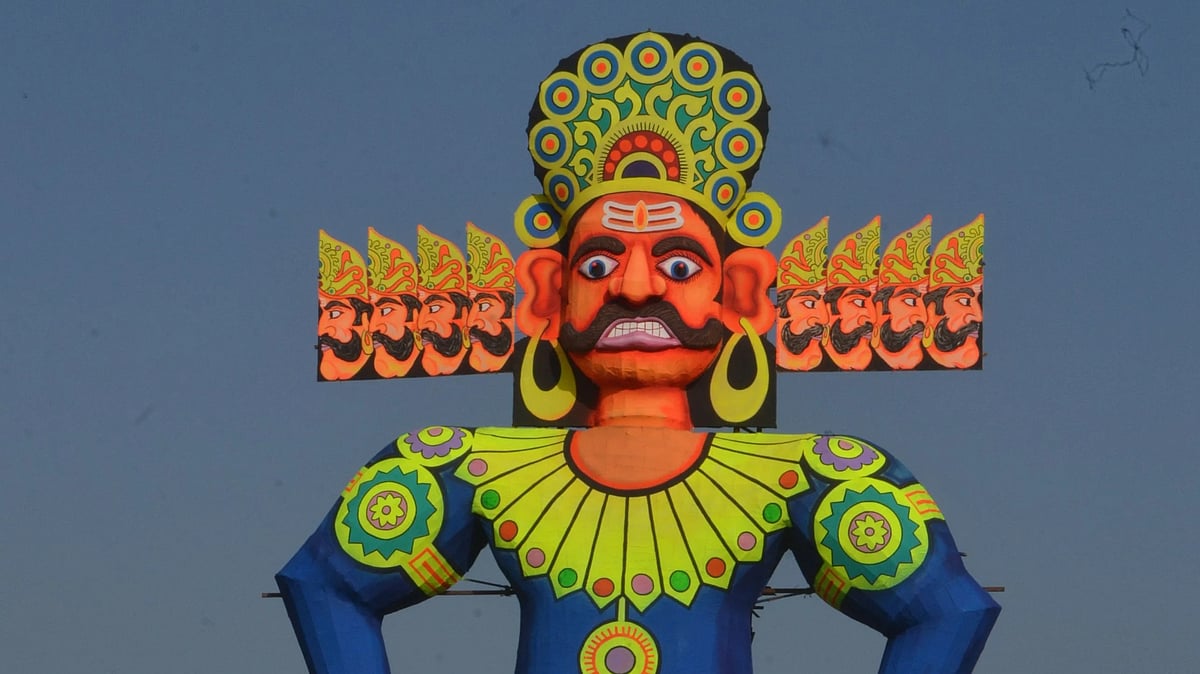As the D-day of January 16 draws nearer, one is reminded of the fact that only ten years ago, we declared India polio-free. Of course, it was not until 2014 that the World Health Organisation certified our country as polio-free because of the mandatory three-year wait to see if any fresh case was reported.
But hopefully, the lessons of that successful polio drive have been well learnt. It is also what has given confidence to our health administrators about the success of the corona vaccination drive, billed as the world' largest inoculation programme'.
In the anti-polio campaign, nearly 173 million children were given polio drops, after 2.3 million vaccinators went to more than 200 million homes. In the 1980s, when the vaccination was still a work in progress, polio claimed 200,000 of our children annually.
India has had a wide primary health care system under the Universal Immunisation Programme (UIP), reaching out to 27 million children and 29 million pregnant women every year.
2nd most-infected country
Currently, India is the world's second most corona-infected country. It has had more than 1.03 crore cases and almost 1.5 lakh deaths but its rate of infection has come down significantly, from a mid-September peak of more than 90,000 cases daily.
In a bid to ensure complete success, Prime Minister Narendra Modi has personally invested a lot of his political capital and leadership into different aspects of the Covid vaccine, visiting the laboratories that were involved in its development and holding numerous meetings with officials to check on every aspect of the rollout.
Lastly, on January 11, Modi went into a huddle with the chief ministers, emphasising on cooperation and coordination between the Centre and the States and ensuring total compliance with the procedures outlined by the Union Health Ministry to administrators. Earlier, he was apprised of all aspects of the three dry runs in 615 districts in 29 States and Union Territories.
The vaccination drive intends to use the principles of people’s participation ('Jan Bhagidari'), the experience of elections (booth strategy) and the Universal Immunisation Programme (UIP). At the same time, even as India will be busy with Covid vaccination, there will be no compromise in existing healthcare services, especially national programmes and primary health care.
Co-WIN app
A unique digital platform, Co-WIN Vaccine Delivery Management, is to provide real time information of vaccine stocks, their storage temperature and individualised tracking of beneficiaries of the Covid-19 vaccine.
This platform will assist the programme managers across all levels, through automated session allocation for pre-registered beneficiaries, their verification and for generating a digital certificate upon successful completion of the vaccine schedule. More than 7.9 million beneficiaries have already registered on the platform.
Essentially, there are four phases under which the vaccines will move, from manufacturers to primary vaccine stores to States, involving dedicated air transport, traffic corridors and refrigerated vans that will provide the last-mile connectivity to different village centres. The total cost of the vaccine rollout is estimated at Rs 57,200 crore or more, if the entire cost of logistics is taken into account.
Ever since the BJP announced the vaccine would be given free during the campaign for the Bihar elections last October, several Opposition chief ministers have demanded that the Centre bear the full cost of inoculation of all the citizens. As Modi told the CMs, the Centre will bear the full cost of first 30 million vaccine jabs, which will cover 10 million health care workers and 20 million frontline workers.
Absence of data
It is in this context, the talk of a Covid cess has gained currency, on the lines of a tax already imposed by some States to meet the shortfall in revenue due to the pandemic since last year.
Though politics has brewed over the approval of the two vaccines and the absence of data in public domain over their safety, immunogenicity (or the ability of the vaccine to generate immune response) and efficacy, the bulk of the early vaccine will be 'Covishield', followed by another jab called 'Covaxin'.
Covishield is the vaccine developed in the laboratories of Oxford University, UK, and the Swedish-British firm, AstraZeneca. It is being produced in India by the Serum Institute of Pune. Covaxin was developed by Indian drug firm Bharat Biotech of Hyderabad. Both the vaccines - Covishield and Covaxin - have to be administered in two doses and stored at temperatures between 2 and 8 degree Celsius, which is not very difficult in India.
The main problem with the other vaccines (developed by Pfizer Company and Moderna) was that they require special refrigerators/freezers. Pfizer vaccine will have to be kept at minus 94 degrees and Moderna’s at minus 4 degrees.
Covishield has completed all three phases of trial. On the other hand, Covaxin, the clinical trial of which is being conducted in collaboration with the Indian Council of Medical Research, has only completed Phases I and II.
As the opposition raised questions over its efficacy, experts have insisted that Covaxin is a backup for emergency situations, which may happen if there is a sudden surge in cases or re-infection. The emergency use approval is conditional on the vaccine developers submitting details of any adverse effect to the drug regulator, every 15 days.
The big challenge lies in the fact that coronavirus is an unpredictable virus that could throw up unforeseen challenges. So, the health authorities will need to remain alert to such possibilities. In spite of broad similarities, Covaxin and Covishield, the two vaccines could present different efficacy and safety challenges.
More data sought
Surveillance and monitoring systems will, therefore, need to be vigilant and vaccinators must be educated on the finer details of the two vaccines. Most importantly, the coming months will demand responsibility and restraint from everyone.
There is also a demand that the authorities need to publicly release more data about the vaccine trials.
In the first phase, three crore healthcare and frontline workers will be administered the vaccine. Even as the Modi government has begun registering the first list of beneficiaries through Co-WIN, it will have to decide how to allocate the two vaccines among the people in this list.
The government plans to inoculate 27-crore people — those with co-morbidities and above the age of 50 — in the next phase.
It may be too early to say that the politics that started over the approval for the vaccines has ebbed. Several opposition parties will keep reminding that the vaccine was approved without full process. That is why Modi made it a point to tell the CMs that all governments need to guard against the spread of rumours about the vaccines.
Of course, the Union Health Ministry has countered them by saying that the expert committee (appointed by the government) has reviewed all data on its "safety and immunogenicity" and gave permission for "restricted use in emergency situations in public interest”. The idea is to have "more options for vaccinations, especially in case of infection by mutant strains," the ministry said, adding that the clinical trials of the vaccine would continue.
Speedy approval
Definitely, the seemingly undue speed with which the decision approving the vaccines was made is not good. It may affect the reputation of the Indian pharmaceutical industry. Building trust is very important. Lack of credibility can also affect the vaccine manufacturers, who will face intense rivalry within the pharmaceutical industry in the coming months. After the recent spat, both the vaccine manufacturers had to come out with a joint statement assuring successful rollout.
Modi does see a larger commitment for India for playing a critical role in the global inoculation programme against the coronavirus. Many countries have already requested India for the vaccines either on a government-to-government basis or by directly placing orders with the vaccine developers who are manufacturing the doses in India.
The PM has reiterated the role India intends to play in order to "save humanity" by providing doses of the two Indian-manufactured vaccines.
Besides the neighbours - barring Pakistan - Brazil, Morocco, Saudi Arabia, Myanmar, Bangladesh and South Africa have made official announcements seeking vaccines from India. It’s all the more important, our domestic politics on this issue is kept under the leash.
The writer is a former Senior Associate Editor of Hindustan Times and Political Editor of Deccan Herald, New Delhi.

